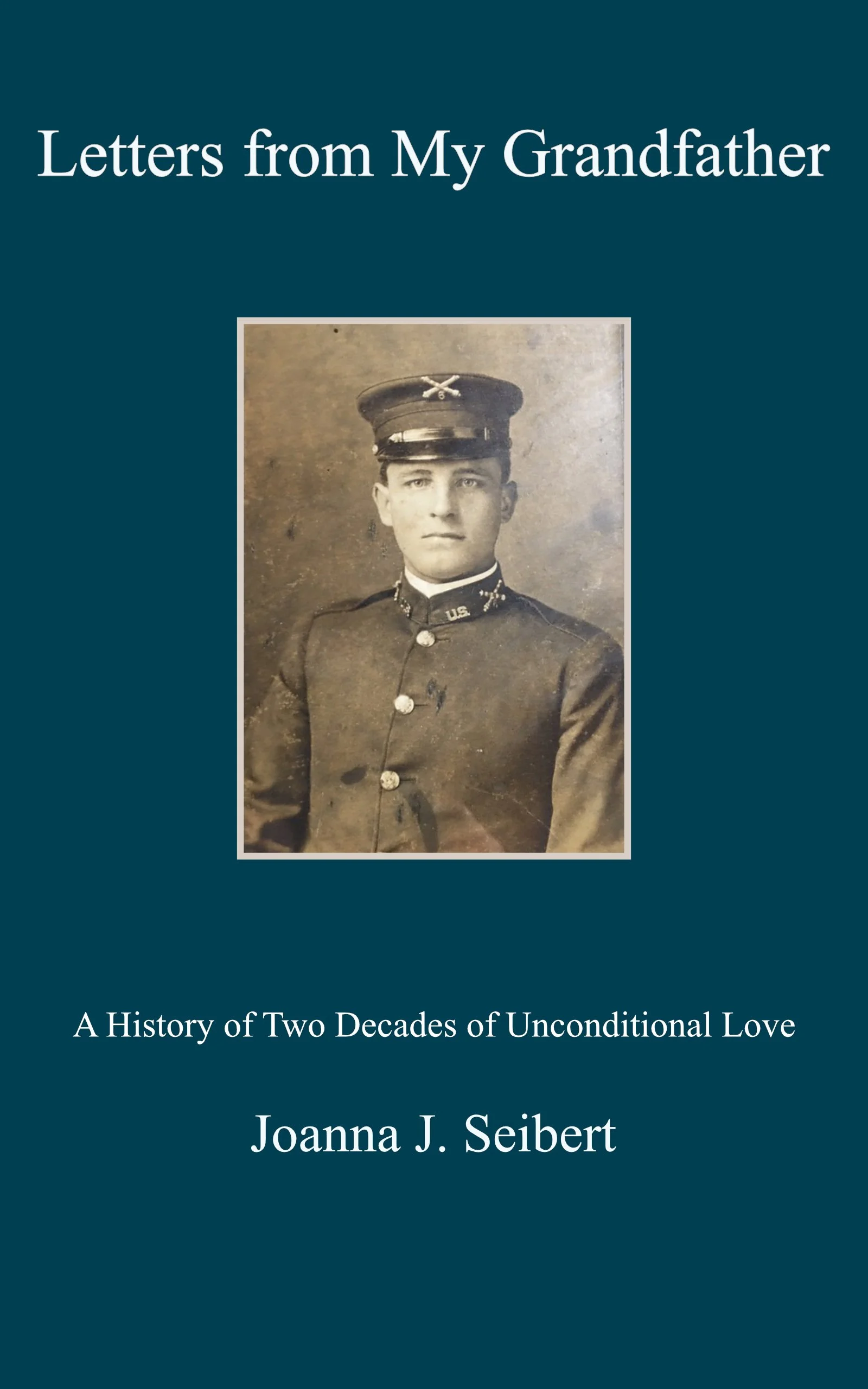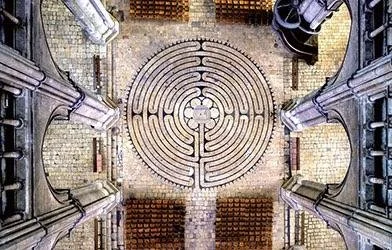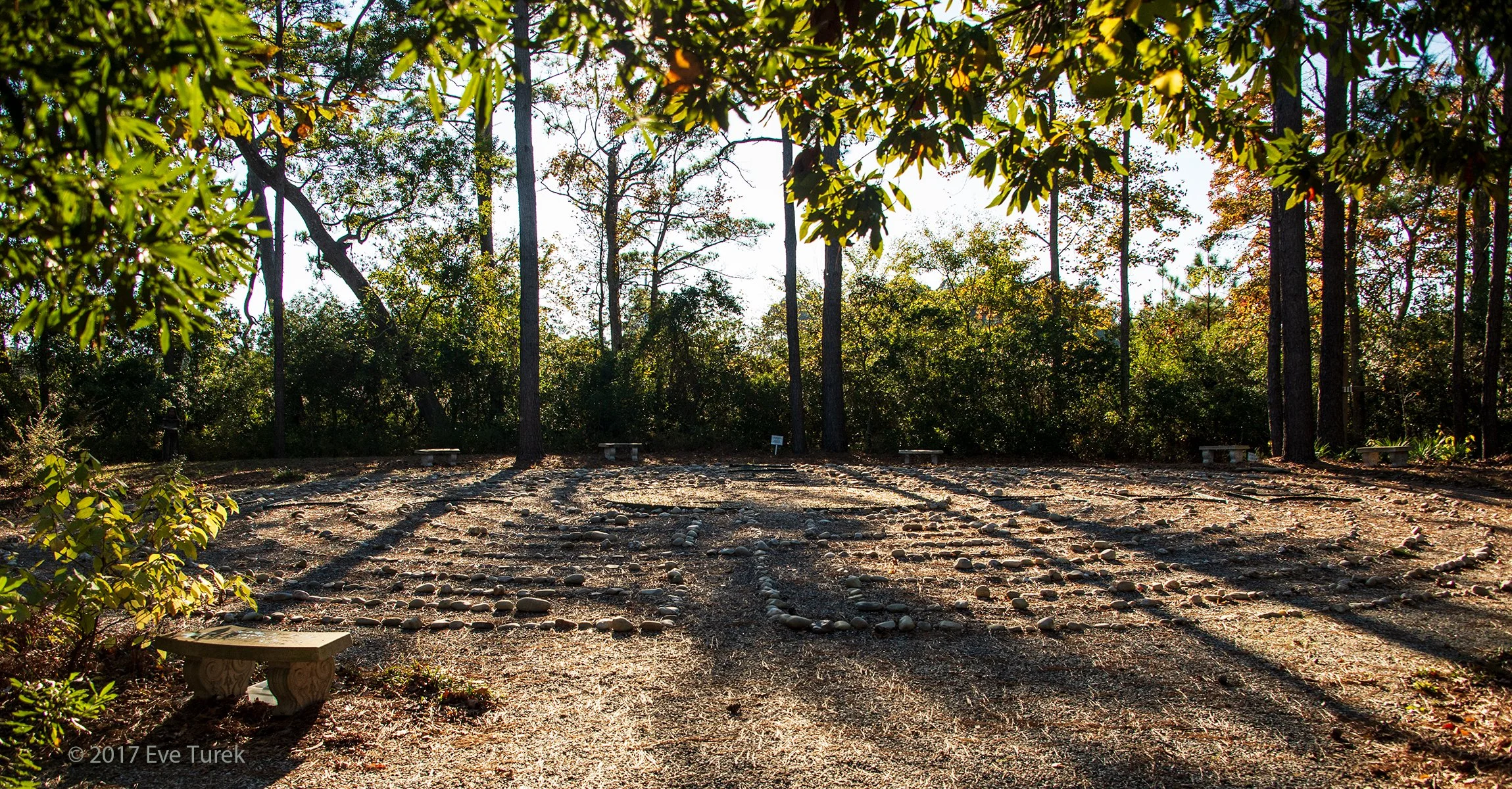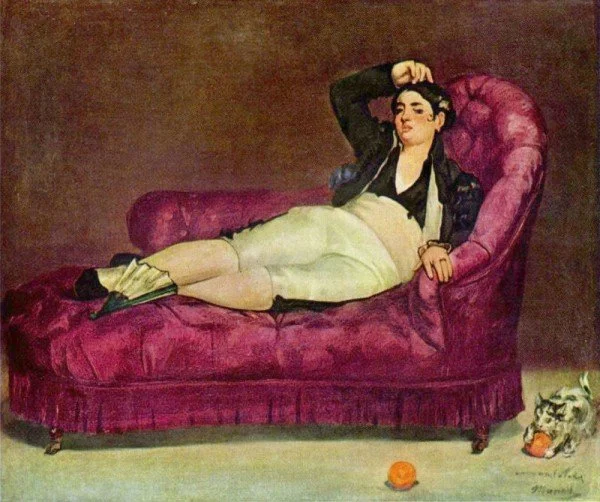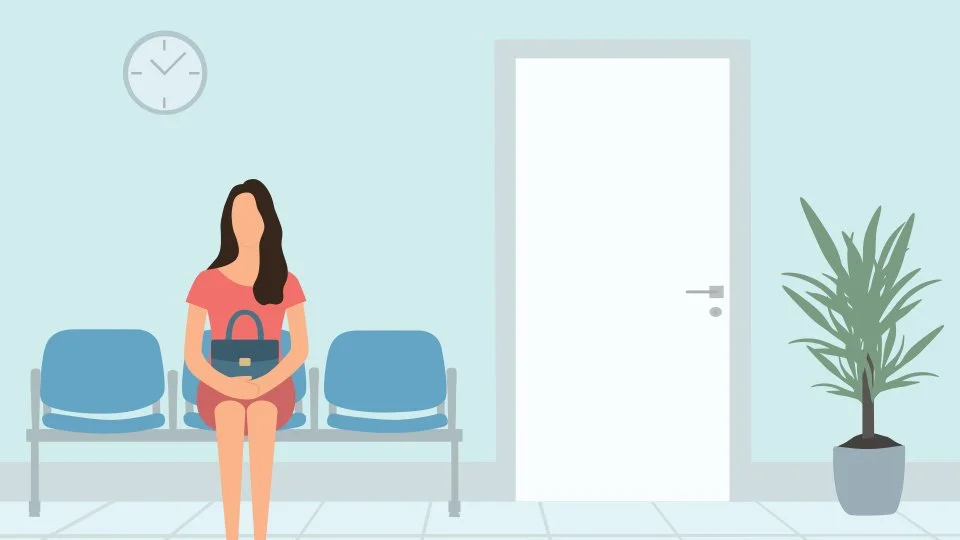Remembering “The Great War”
“This is a war to end all wars.”—Woodrow Wilson.
I remember when we celebrated the 100th anniversary of the end of World War I, the Great War, the War to End All Wars. The war officially ended in 1918 on the 11th hour of the 11th day of the 11th month. In 2018, at 11 a.m. on November 11th, or Veterans Day in the morning, bells tolled in churches all over the globe. Special programs about the war were held worldwide, most notably in England, Paris, and France, where the world’s diplomats met to commemorate the peace accord that ended the war.
grandfather Whaley
Both of my grandfathers served in the war and came home. I never heard Grandfather Johnson speak of his experience. The other, Grandfather Whaley, rarely talked about the war itself, but he had much to say about his experience in the army. He was born in what is now the Great Smoky Mountain National Park. Going into the armed service was his higher education.
When I was in college, my grandfather wrote me weekly on his old typewriter, on which several keys often would stick. The lines of type were uneven. Every letter, however, was full of his army experiences and how he related them to my new life in college. He would remind me that book learning was not the most critical part of my new life. He believed the best lessons were found in the people I would meet and the places where I would travel. Almost every sentence ended with etc., etc., etc.
I kept every one of his letters. The girls on my floor in my dorm would gather each week to hear about his wisdom from his life experiences a half-century earlier in the army in World War I—and about his present life in small-town Virginia.
My latest book, Letters from my Grandfather, is about my grandfather’s letters and my response to him now, over fifty years later.
Did I forget to tell you that my grandfather always enclosed a dollar bill with each letter?
Joanna. https://www.joannaseibert.com/


